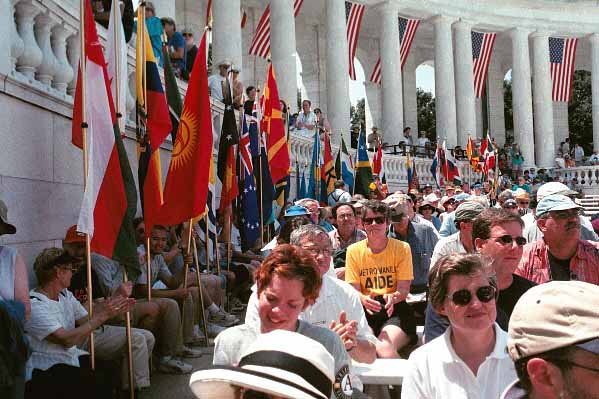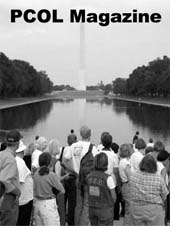
| By Admin1 (admin) on Sunday, August 10, 2003 - 9:55 am: Edit Post |
Older Volunteers Heed the Call to Volunteer And Discover a New Career

 | Previous Issues and Special Reports Exclusive: How RPCVs organized anti-war Ad Improvements needed in Volunteer Support From Russia with Love Health Concerns: The Controversy over Lariam GAO Reports on PCV Safety and Security The Digital Freedom Initiative PC/Washington: Senior Staff Appointments at PC HQ PC Expansion: The Numbers Game? Op-ed: Why Peace Corps needs Shriver's 4th Goal When should PC return to Afghanistan? RPCV Spy dies in Moscow Op-ed: The Case for Peace Corps Independence Preservation of an Independent Peace Corps For the Peace Corps Fallen |
